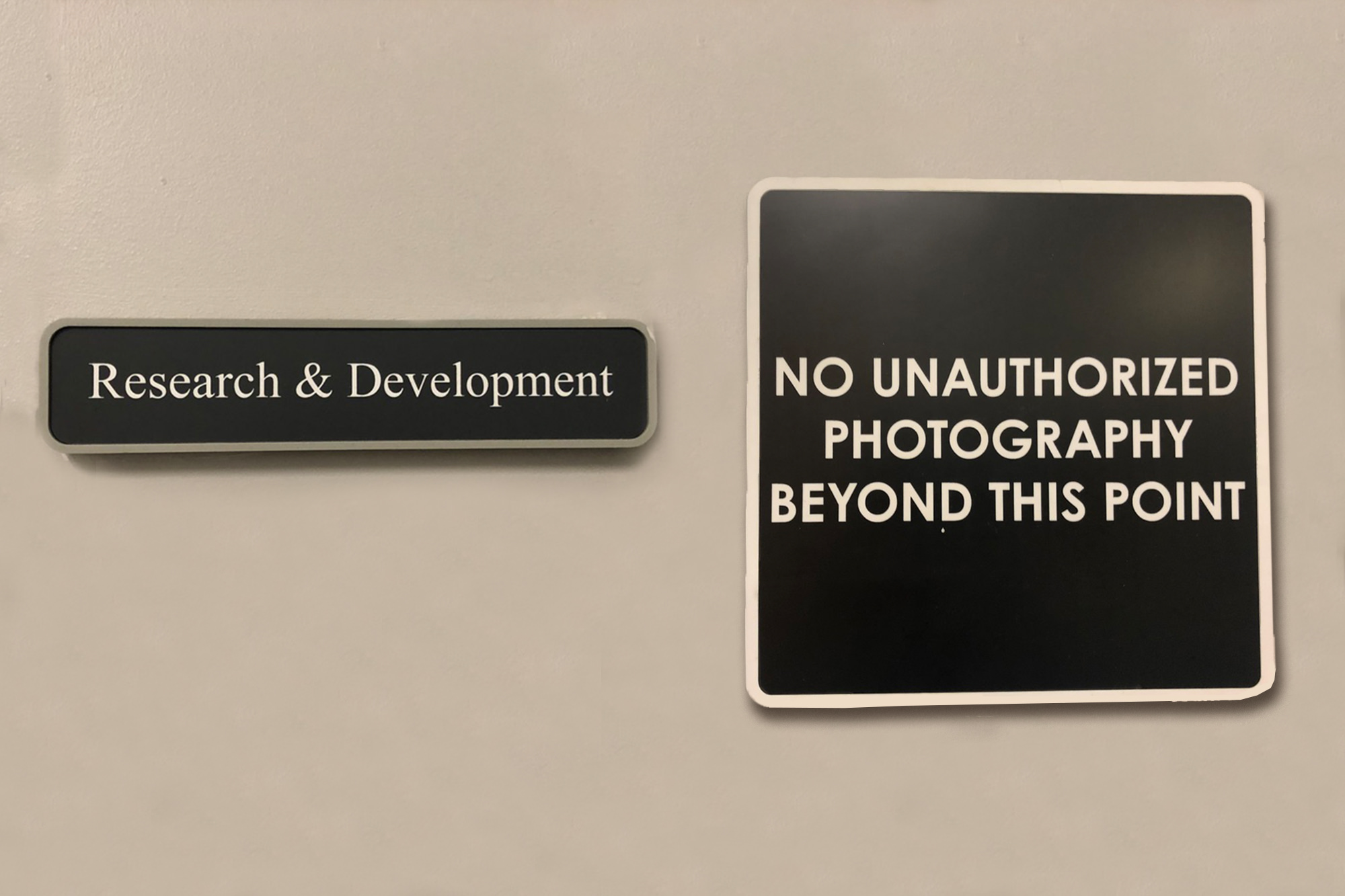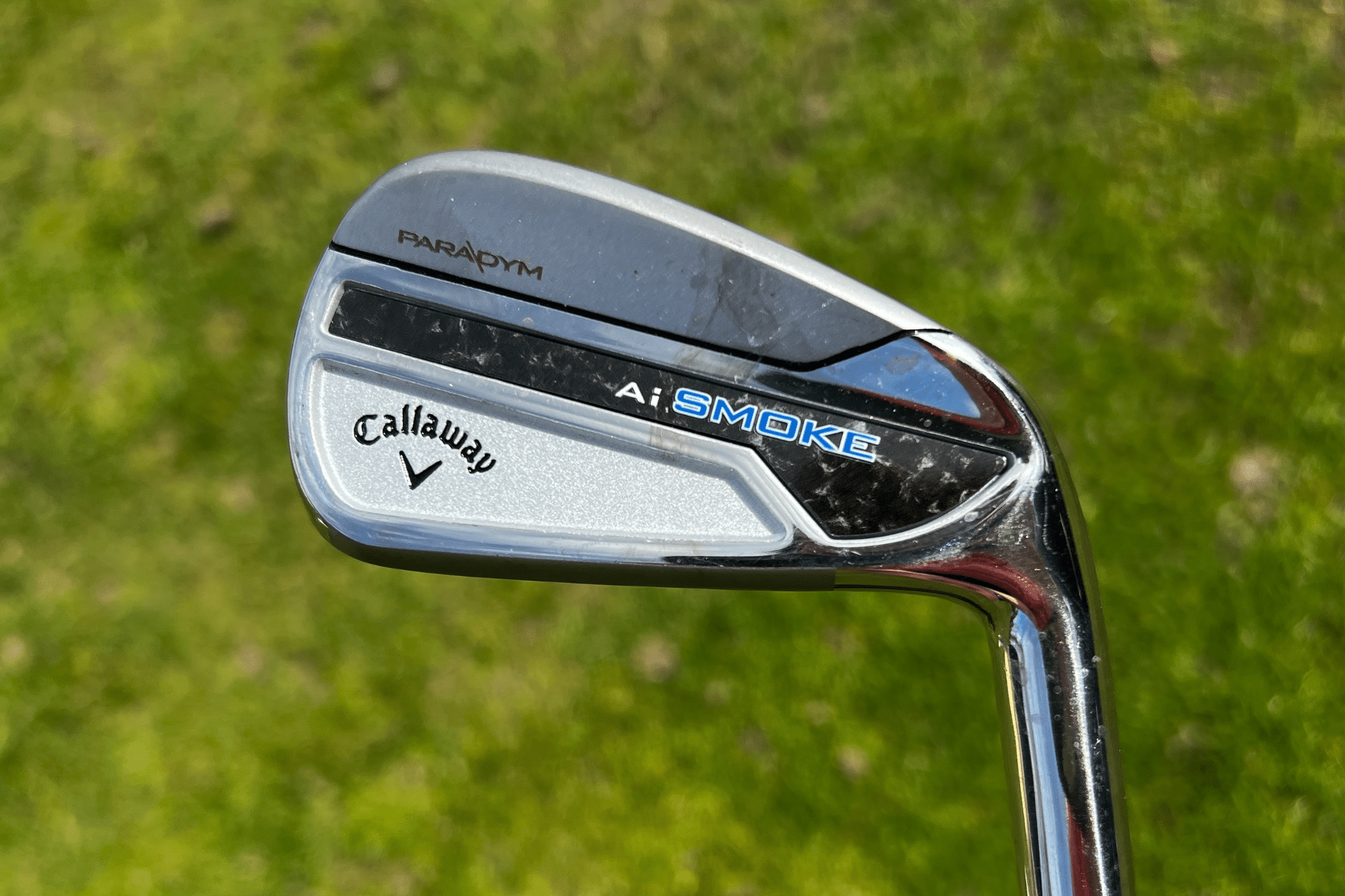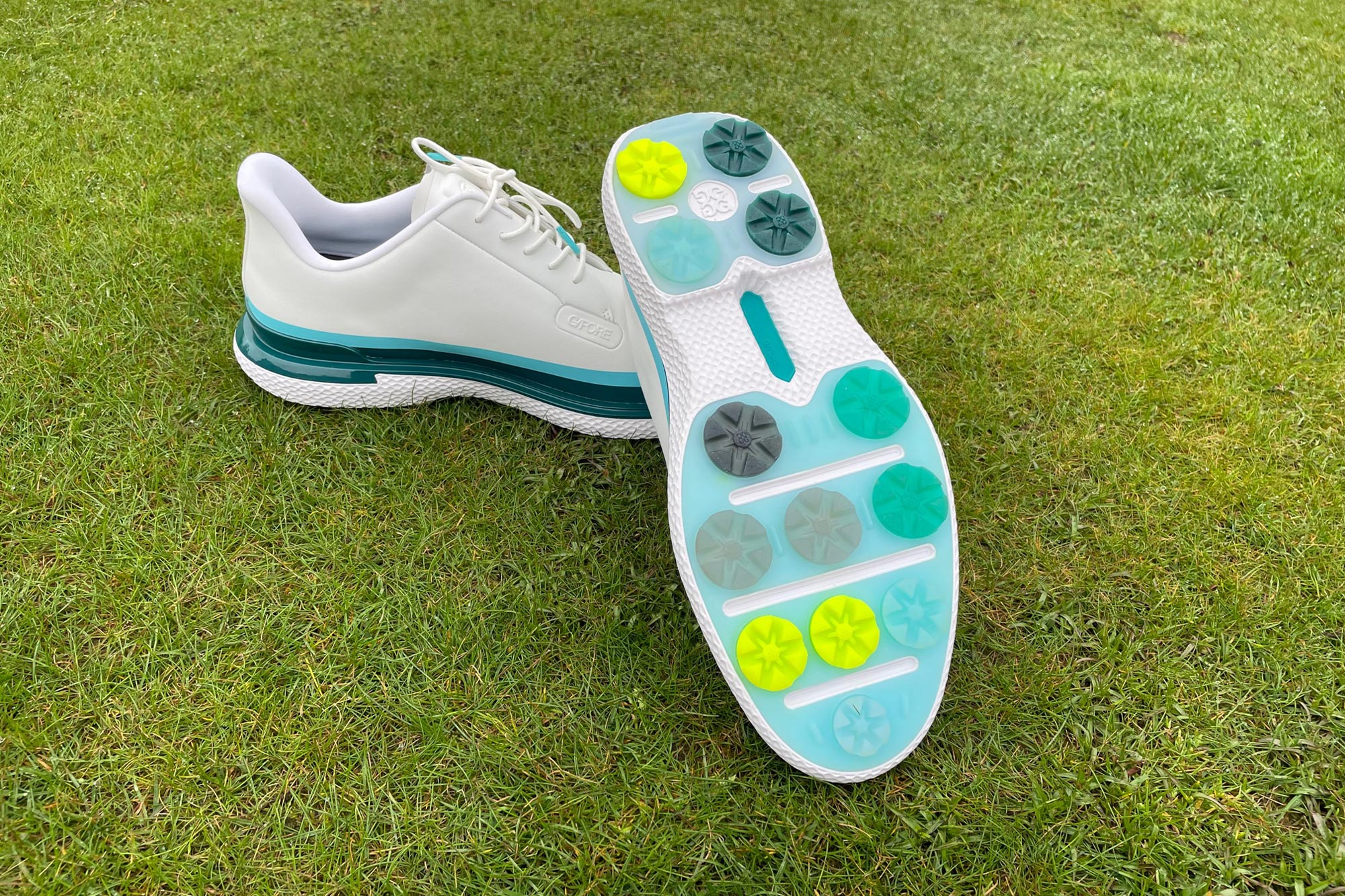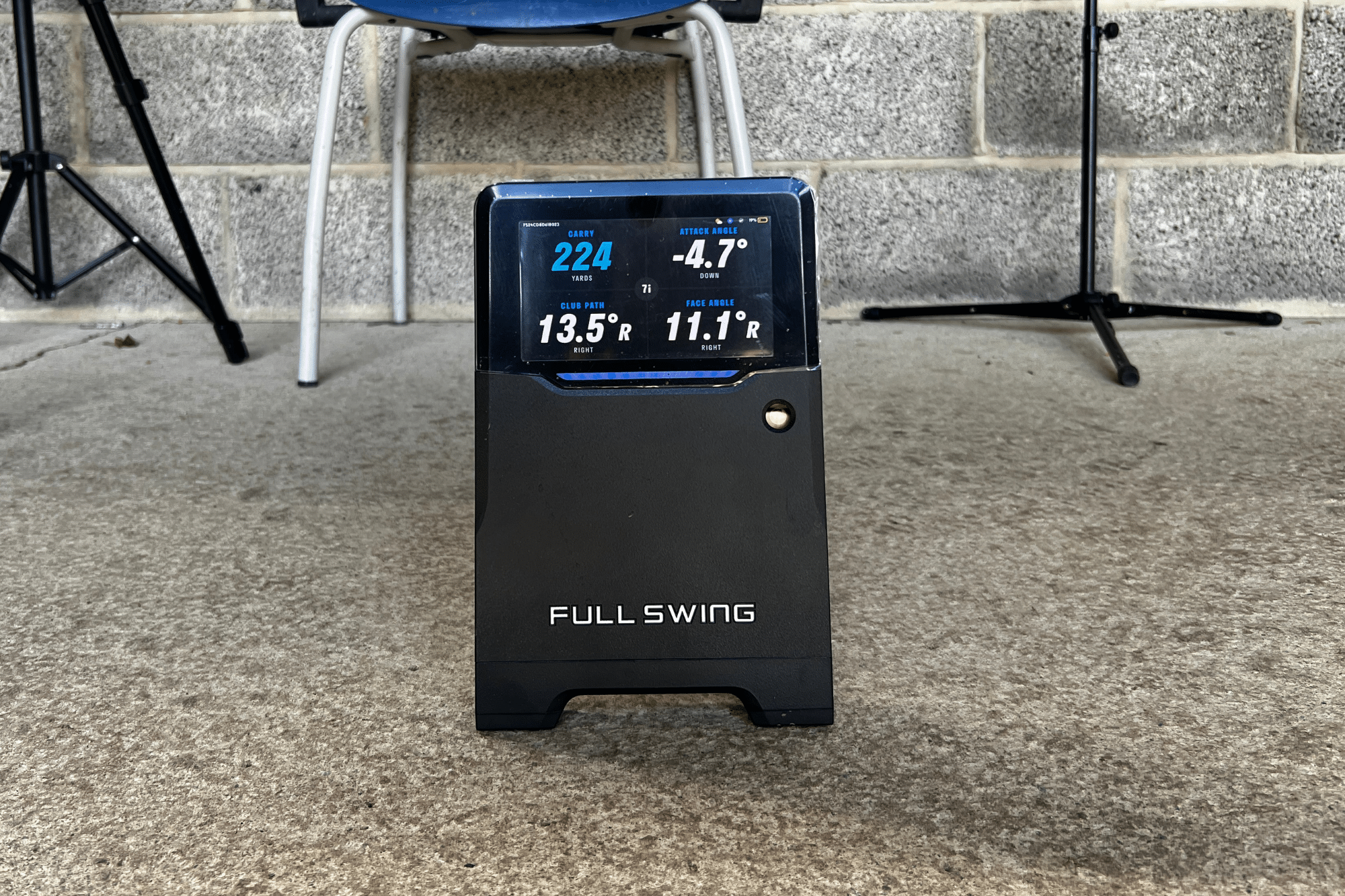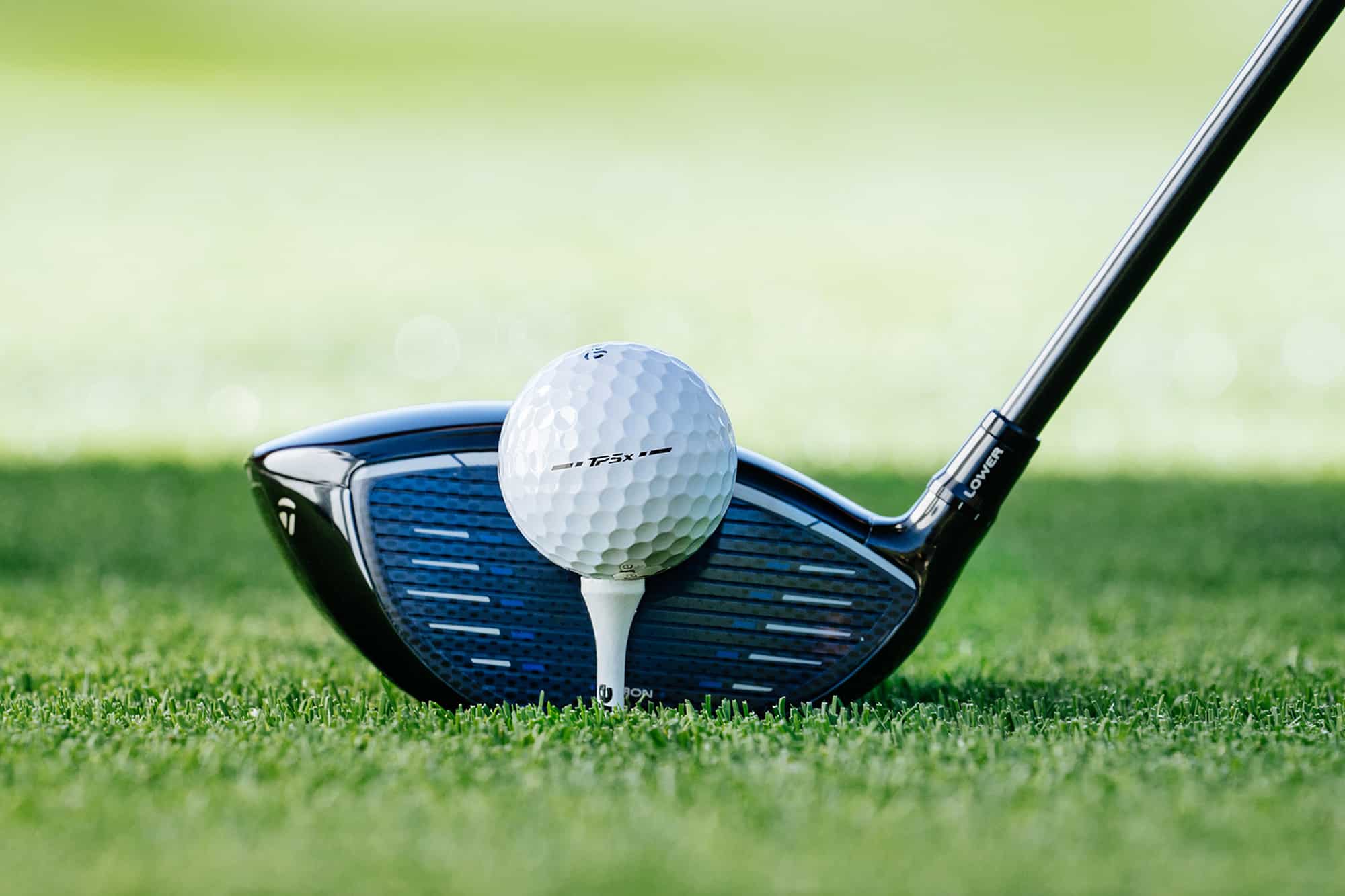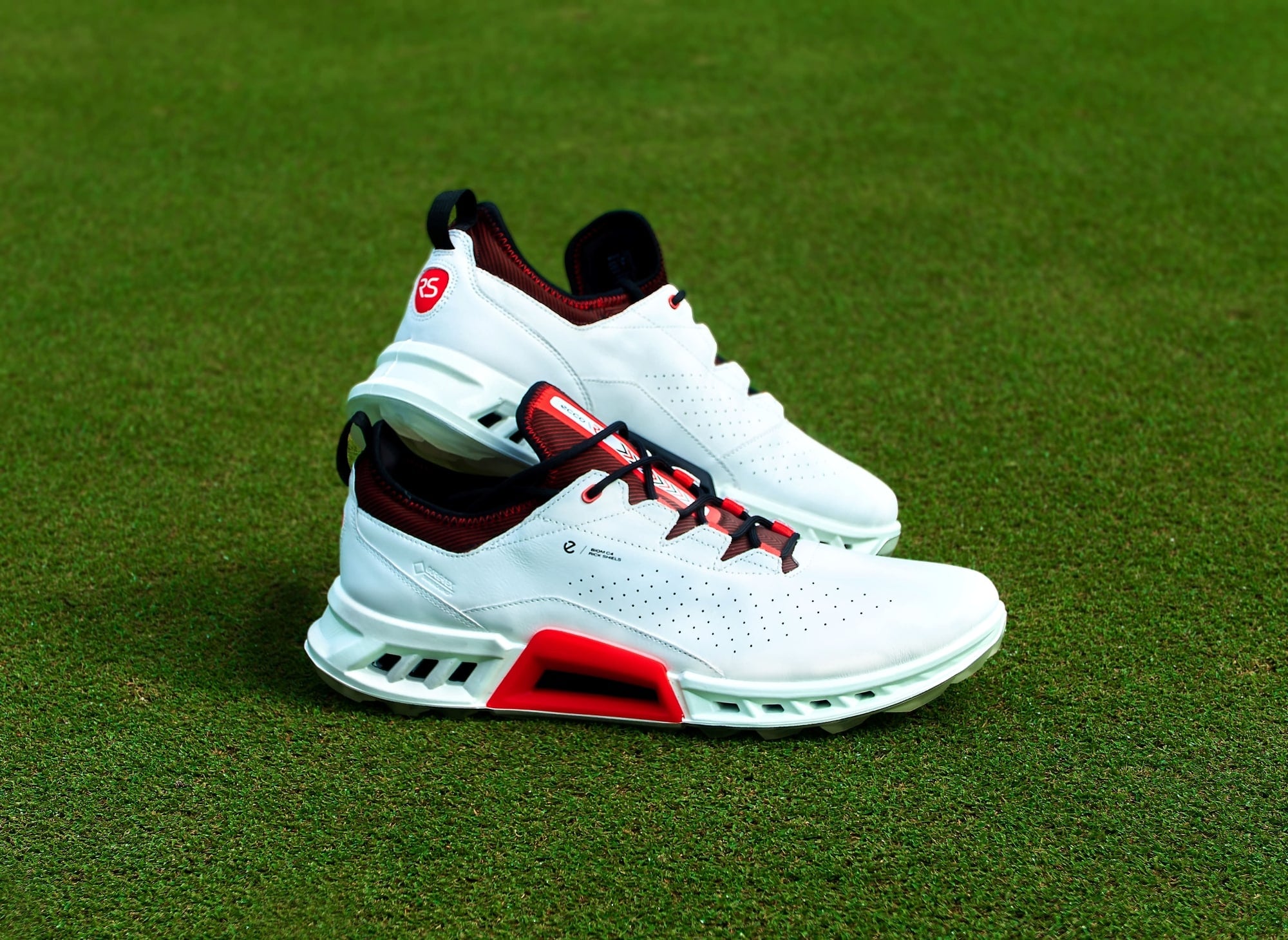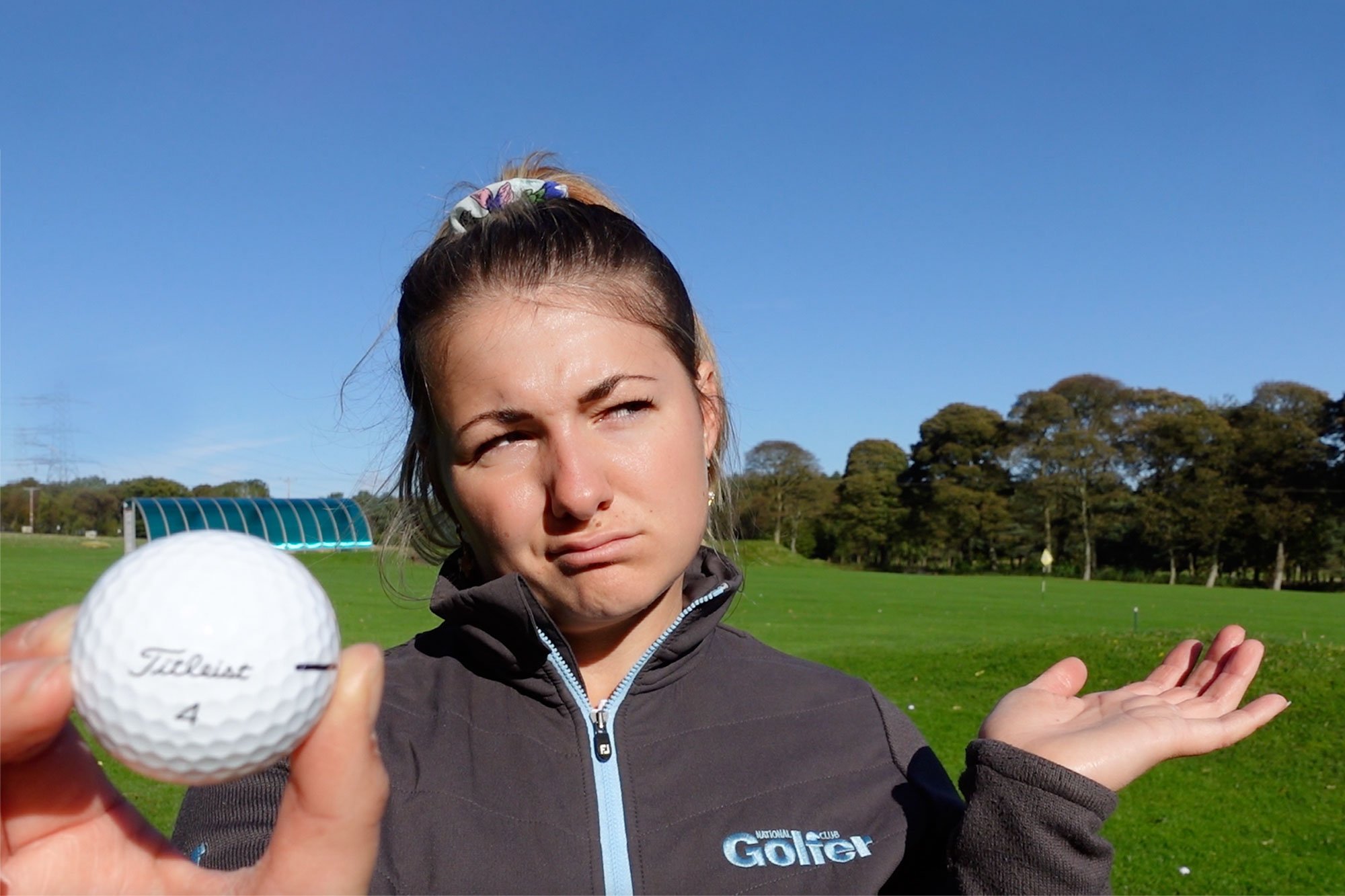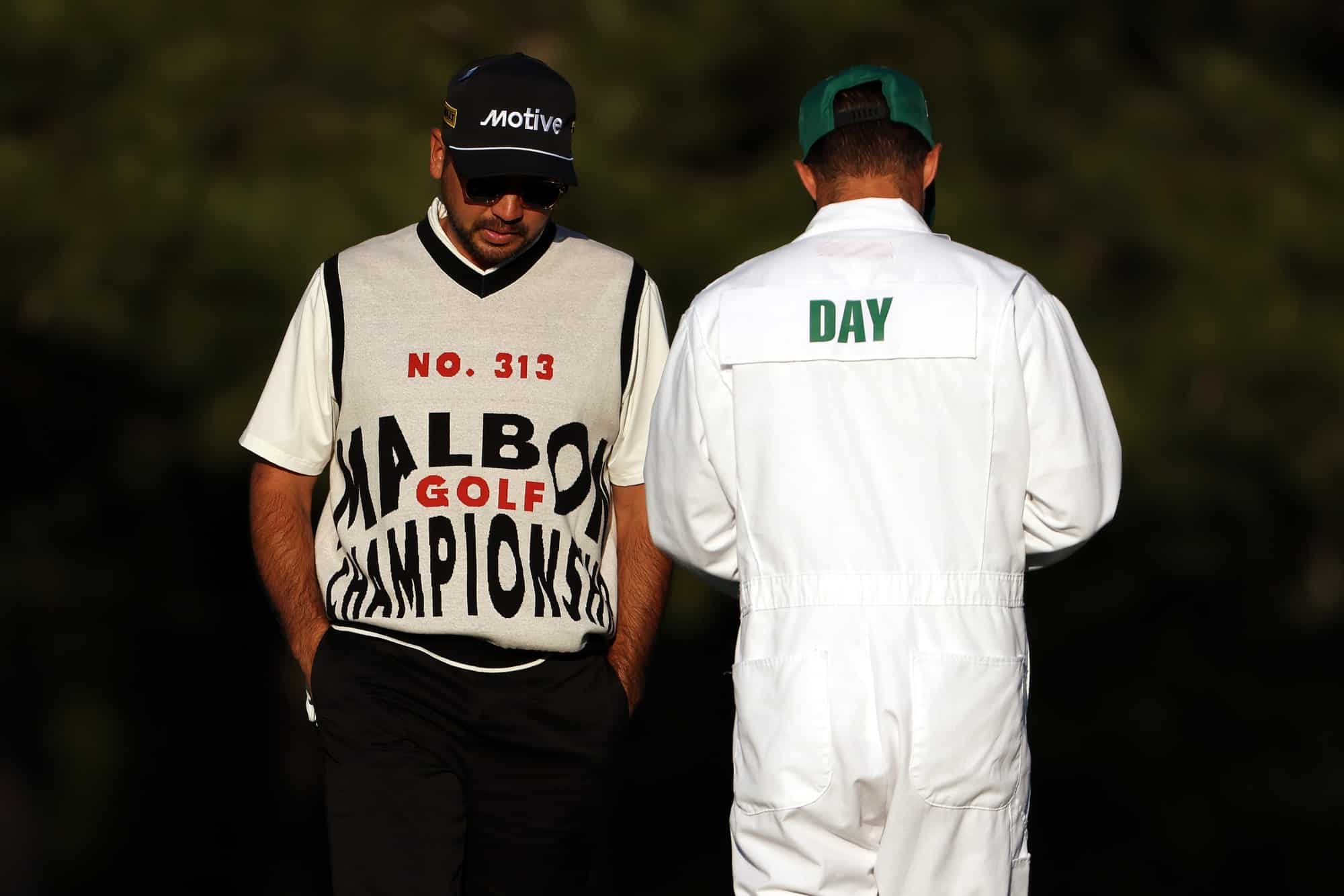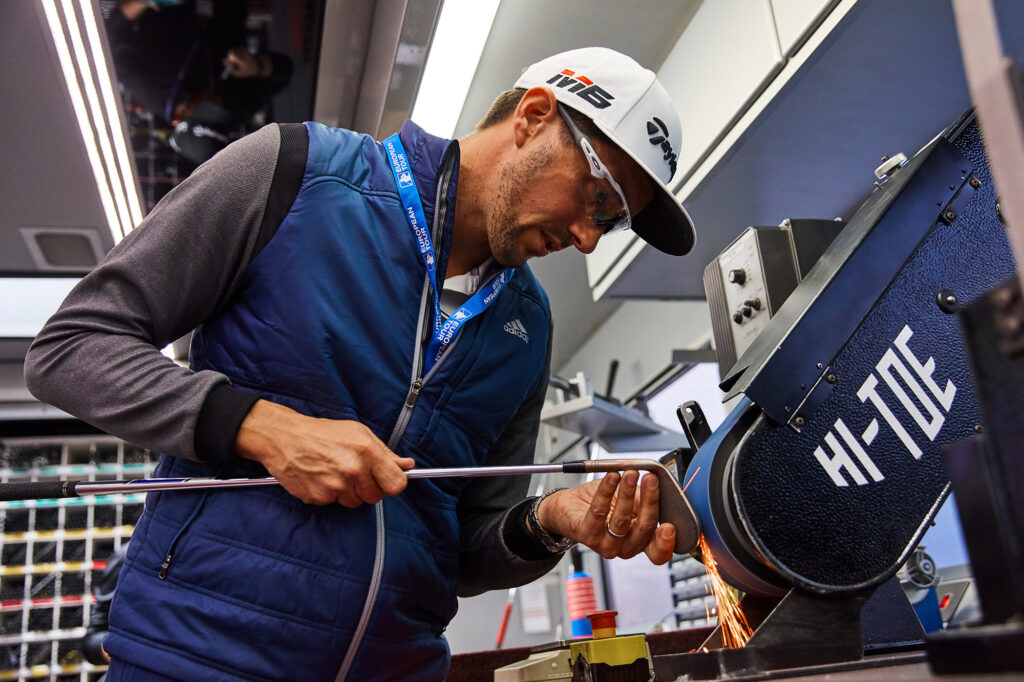
Equipment manufacturers aren’t the bad guys in golf’s distance crisis
The technology that goes into building golf clubs is so advanced that manufacturers are approached for their insights by the engineers who design cars and planes. Now it seems that the fruits of this technological expertise on which millions – if not billions – has been spent are being blamed in the golf distance debate fueled by the R&A and USGA’s latest report.
It’s almost as if they are being punished for playing by the rules and being good at their jobs.
The report from golf’s governing bodies acknowledges there are numerous reasons for golfers hitting the ball further than ever before, but there were three stand-out paragraphs on how innovation with equipment has played its part.
“We believe that hitting distance increases, especially for elite amateur and professional golfers, are likely to continue in the future based on the same factors that, in combination, have contributed to these past distance increases.
Notwithstanding the Equipment Rule specifications that seek to limit hitting distance, we believe that there is potential for further increases to occur within the existing rules, such as by using longer shafts, and that club and ball design will continue to evolve in conjunction with improved swing and fitting techniques to generate more hitting distance.
“Overall, manufacturers continue to innovate to seek more distance from clubs and balls, as reflected in the many distance-related patents that continue to be filed.”
In layman’s terms, they are saying that, despite the rules currently in place, equipment manufacturers are still finding ways to produce equipment that allows us hit the ball further.
I’ve been lucky enough to visit the headquarters of both Callaway and TaylorMade in the last few months. I had the opportunity to meet the engineers who design their equipment as well as having tours around the research and development facilities.
- More on the golf distance debate: What does the report say?
- More on the golf distance debate: Is it too little too late?
I can’t show you what goes on inside these facilities because the technology is top secret. But they are fascinating areas to visit and, if you’ve ever wondered, they are essentially huge golf-themed science labs. Indeed, at one point I thought Bryson DeChambeau was going to appear with a rack of test tubes.
Seeing this first hand is an eye-opener in terms of just how much goes into designing our golf clubs. And it isn’t just our industry that could be affected.
“We are obviously a golf company,” Callaway’s head of R&D Alan Hocknell told me. “But the things we are doing are cutting edge compared to nearly any other industry that is trying to use AI and turn it into a physical good.
“In some ways we’re ahead of the automotive industry in doing this, and we’re ahead of parts of the aerospace industry in doing this. We know this because we go to user conferences and people ask us a lot of questions about how we’re doing it.”
The Rules of Golf regarding equipment have long been a bone of contention, but manufacturers have always gone that extra mile to squeeze in every possible avenue of improvement while staying within the prescribed limits. How does that make them the bad guys in many people’s eyes?
Is this any different to a golfer working out in a gym to build muscle and therefore hit the ball further? No, it’s human nature to keep innovating.
And for me at least, it is fascinating to see just how far the limits of science and engineering can be stretched to make the best equipment possible.
Hannah Holden

Hannah Holden is the Equipment and Instruction Editor here at National Club Golfer. If you’re looking to improve your game, by changing your golf swing or upgrading your golf equipment she’ll have the answers.
As well as writing lots of features and reviews you can find her on our YouTube channel giving you insights on the latest rules, clubs and tips to improve your golf game.
Hannah is a member at Alwoodley golf club. You will either find her here or driving up and down the country playing in a variety of elite amateur events.

